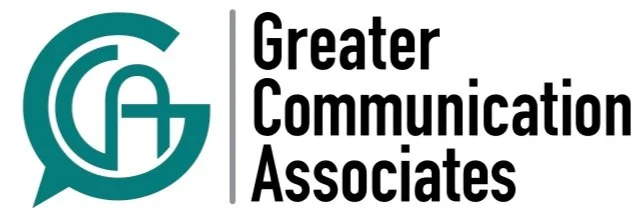FAQ
⭐️How can GCA help me?
At GCA, we have professionals in the special education field who are available to support and represent students with disabilities and their families in navigating the special education system. They help ensure that students receive the appropriate services and accommodations required for their educational success, and they often assist in developing and implementing Individualized Education Programs (IEPs).
⭐️When should I seek help from a specialist at GCA?
You should consider seeking help from a GCA specialist if you are facing challenges with obtaining appropriate educational services for your child if you disagree with your child’s IEP or evaluation results, or if you need assistance navigating complex school policies and procedures related to special education.
⭐️How do I know if my child needs special education services?
Signs that your child might benefit from special education services include difficulties with reading, writing, or math, challenges with attention and behavior, communication difficulties, or social skills issues. If you have concerns, you can request an evaluation through your child’s school to determine if they qualify for special education services. If you need help, reach out to GCA for support and guidance.
⭐️What is an Individualized Education Program (IEP)?
An Individualized Education Program (IEP) is a legally binding document that outlines the specific educational goals, accommodations, modifications, and services that a student with disabilities will receive. It is developed collaboratively by educators, parents, and other professionals to meet the unique needs of the student.
⭐️How can I prepare for an IEP meeting?
To prepare for an IEP meeting, gather any relevant documentation about your child’s educational progress, medical history, and previous evaluations. Prepare a list of your child’s strengths and areas of concern, and be ready to discuss your goals and expectations for your child’s education. It may also be helpful to review your child’s current IEP (if applicable) and consider any specific questions or issues you want to address.
⭐️How can a speech-language therapist help my child?
A speech-language therapist assesses and treats communication disorders, including difficulties with speaking, understanding language, and social communication. They work with children to improve their articulation, language development, fluency, and overall communication skills, which can enhance academic performance and social interactions.
⭐️What should I expect during an initial consultation with a speech-language therapist?
During an initial consultation, the speech-language therapist will conduct an evaluation to understand your child’s communication abilities and challenges. This may involve interviews, observations, and assessments. They will then discuss their findings with you and outline a tailored treatment plan to address your child’s specific needs.
⭐️What are common communication disorders that speech-language therapists treat?
Common communication disorders treated by speech-language therapists include speech sound disorders (articulation and phonological issues), language disorders (delayed language development or difficulty with comprehension), fluency disorders (such as stuttering), and social communication disorders (difficulty with conversation and social interactions).
⭐️Will my insurance cover speech-language therapy services?
Coverage for speech-language therapy services varies by insurance provider and plan. Some insurance plans may cover a portion of the costs, while others may not. It’s important to check with your insurance provider and your speech therapist to understand your coverage options and any potential out-of-pocket expenses. (Insurance is not currently accepted)
